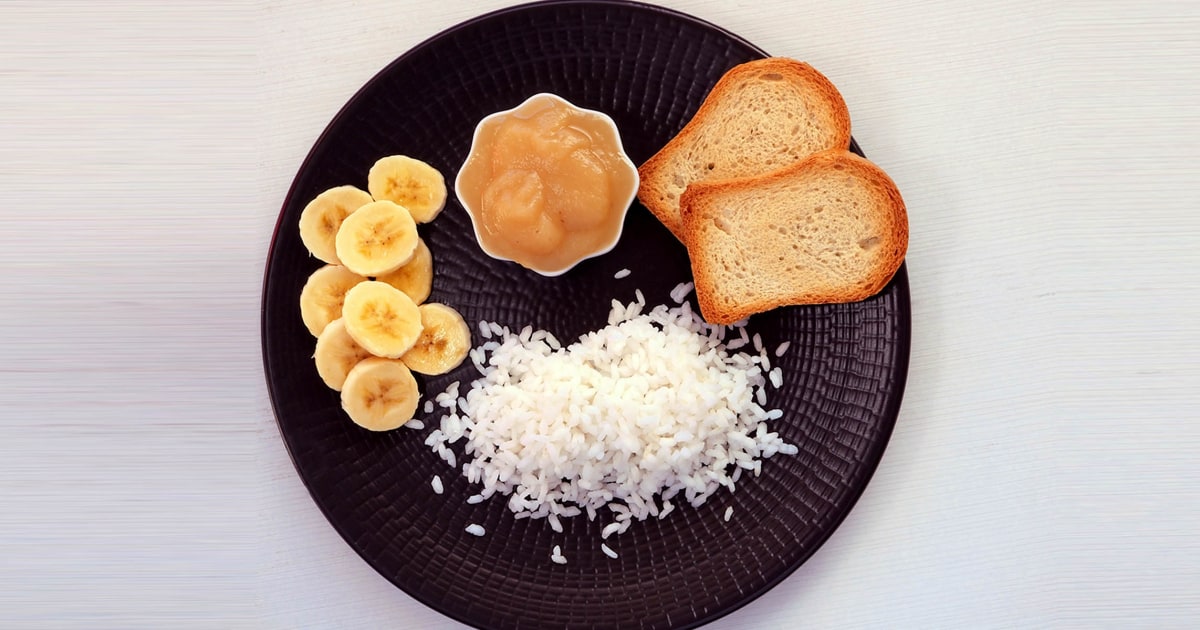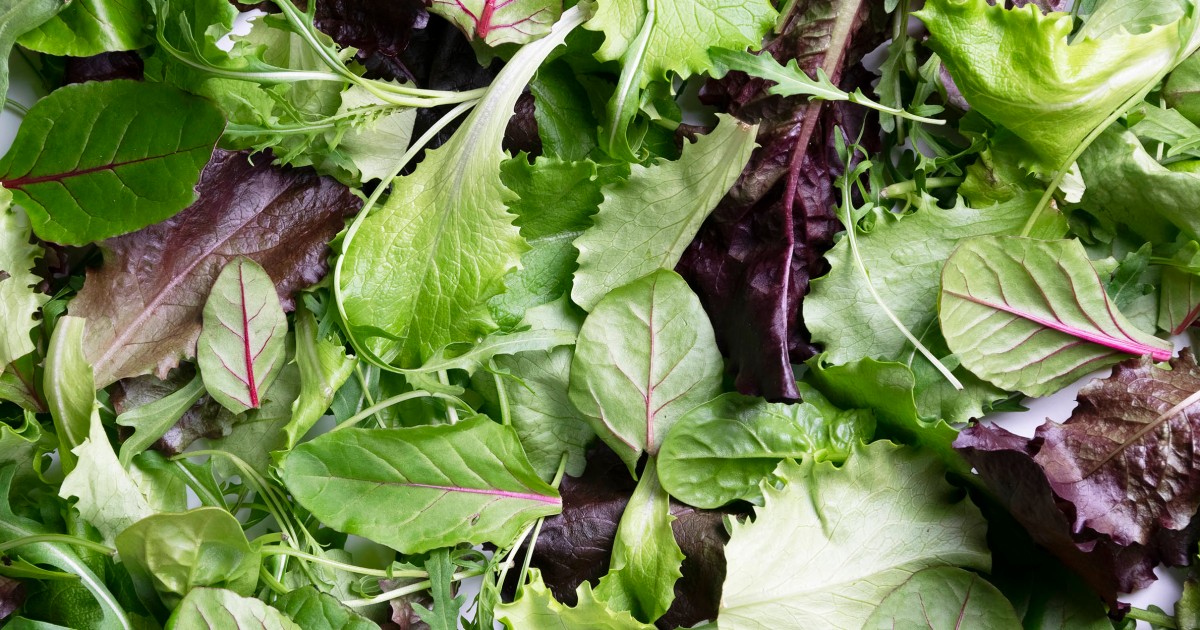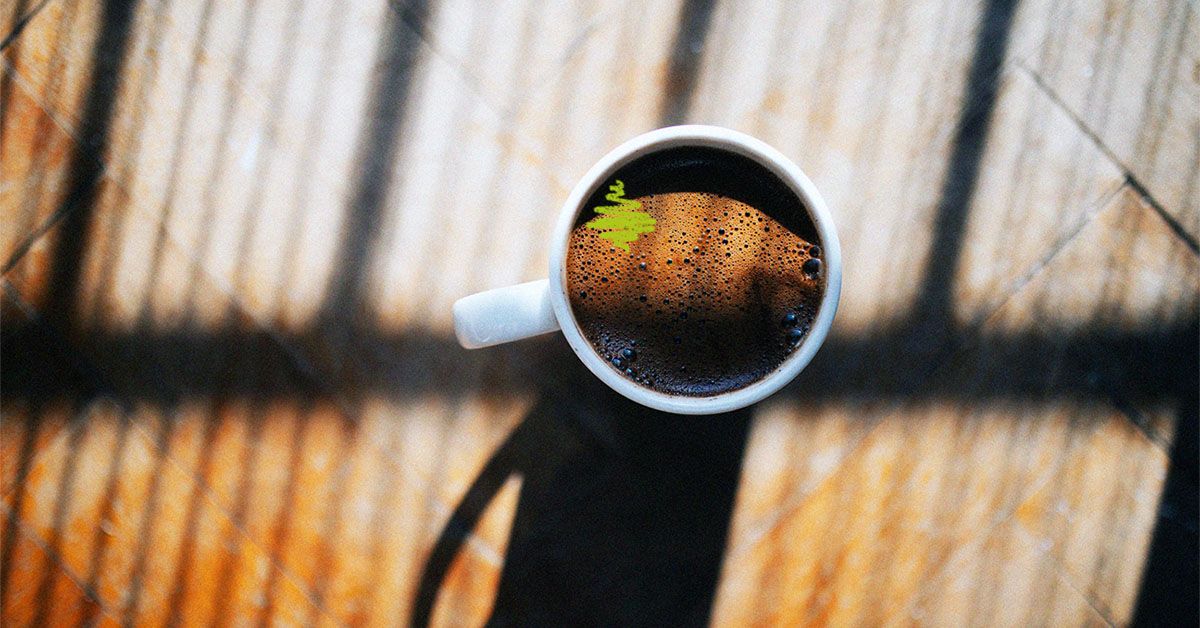Whether you are experiencing nausea, diarrhea or recovering from the stomach flu, it can be difficult to know what to eat when you have an upset stomach.
The BRAT diet was once a popular remedy recommended by health care professionals for people recovering from a stomach virus. But now, more research that suggests the diet does not provide adequate nutrients as the gut heals.
Is it safe to ever follow the BRAT diet? Here’s what experts say.
What is the BRAT diet?
“The BRAT diet is an acronym that stands for banana, rice, applesauce and toast,” Michelle Jaelin, registered dietitian in Ontario, Canada, tells TODAY.com
It’s rooted in the principle that these bland, easily digestible foods can help soothe the digestive system, firm up stools and reduce the frequency of bowel movements, adds Jen Messer, president of the New Hampshire Academy of Nutrition and Dietetics and registered dietitian at Jen Messer Nutrition.
Is the BRAT diet effective?
“The BRAT diet’s effectiveness is debated,” Messer notes.
There are a limited number of studies that suggest that bananas and rice may be effective in reducing diarrhea, but there have been no clinical trials to investigate the diet’s effectiveness in treating diarrhea or gastrointestinal illnesses, she adds.
The diet is unnecessarily restrictive and lacks many nutrients needed for a speedy recovery, including protein, fiber, fat and numerous vitamins and minerals, Jamie Mok, registered dietitian nutritionist and national media spokesperson for the Academy of Nutrition and Dietetics, tells TODAY.com.
The American Academy of Pediatrics (AAP) recommends against the diet, instead advocating for children to resume a normal diet (appropriate for their age) within 24 hours of getting sick.
“Studies have shown that maintaining a regular diet can actually reduce the duration of diarrhea, while clear liquids alone may prolong it,” Messer says.
She adds the general medical advice today for acute diarrhea is a more balanced approach, including:
- Staying hydrated
- Gradually returning to your normal diet as tolerated
- Include a variety of foods to ensure proper nutrition
When should you follow a BRAT diet?
Many experts told TODAY.com that the current medical opinion has shifted to generally no longer recommending the BRAT diet.
However, some patients may find it useful — since the foods are often readily available in the kitchen, which is convenient for those too sick to cook or prep meals.
“Now, we don’t see it recommended as often but can still help,” Su-Nui Escobar, a registered dietitian based in Miami, tells TODAY.com.
It’s a diet you can follow if you’re having nausea, vomiting and diarrhea, Jaelin adds.
It should only be used in the short term and accompanied with adequate hydration and electrolytes, Mok says.
If you have any concerns, talk to your health care provider about what it is best for you — especially if your symptoms are persistent or severe, Messer says.
When is it not recommended to follow the BRAT diet?
People should avoid it when they are no longer have nausea, vomiting or diarrhea or start feeling the opposite of its intended effects, such as hunger or constipation, Jaelin says.
Additionally, the BRAT diet should not be used to manage gastrointestinal conditions, such as:
- Irritable bowel syndrome
- Acid reflux
- Diverticulosis
- Celiac disease
“For example, if the stomach issues are caused by celiac disease, the toast on this diet can worsen it as it has no restrictions on gluten,” Escobar says.
People should not also follow the diet for weight loss or if they have chronic diarrhea, experts say.
What alternative diets can help common stomach conditions?
Dr. Avinash Ketwaroo, gastroenterologist and associate professor of medicine at Yale School of Medicine, recommends against the BRAT diet instead prescribes these diets for some common conditions:
- Low-lactose diet for bloating and gas due to lactose intolerance
- Low FODMAP diet for irritable bowel syndrome
- High-fiber diets for diverticulosis
For patients with acid reflux, he recommends avoiding or minimizing spicy foods, caffeine, alcohol and chocolates.
“But with PPI (proton pump inhibitors) and other antacids, [these] patients usually able to tolerate all diets,” he notes.
“Likewise, for gastritis or upset stomach, we focus more on reducing acid.”
What foods do you eat on the BRAT diet?
A BRAT diet is simply:
- Bananas
- Rice
- Applesauce
- Toast
But don’t just limit yourself to these four foods when you have an upset stomach: You can also consider other low-fiber foods that are easy to digest, like clear broths, plain crackers and boiled potatoes, Escobar says.
Other foods and drinks for diarrhea and vomiting
“First, it is important to discover the cause of diarrhea and vomiting to resolve it,” Escobar notes.
Next, concentrate on replacing lost fluids and electrolytes to prevent dehydration.
“As a dietitian, I certainly focus more on hydration, especially if the stomach issues are due to a stomach bug and are temporary,” Escobar says.
When you have diarrhea, nausea and vomiting, Escobar recommends starting with clear liquids, such as:
- Water
- Apple juice
- Gelatin without fruit
- Tea
- Popsicles
“PediaSure and coconut water can hydrate and provide electrolytes,” Escobar adds.
“Sports drinks are an option, but as a dietitian, I am concerned about the amount of sugar they contain,” she says.
When you are able to tolerate food, try bland foods that are soft and low in fiber such as:
- Crackers or pretzels
- Oatmeal
- Clear broths
- Rice
- Plain pasta
- Boiled potatoes
- Baked chicken with skin removed
- Applesauce
- Low-fat dairy products
- Plain and low-fat protein, such as egg whites
“There’s no single best food or group of foods for adults with diarrhea, but adequate nutrition remains important,” Messer says.
Foods and drinks to avoid when you have a stomach bug
Experts say to avoid uncooked foods and non-bland foods since they are harder to digest. This is especially true for sugary baked goods and candy in children or high-sugar and high-fat foods in adults.
Other foods to avoid include:
- Alcohol
- Spicy foods
- Dairy products
- Fried foods — especially deep-fried foods
- Raw fruits and vegetables
- Caffeinated drinks or extremely hot or cold beverages
- Dried fruit, berries or citrus fruits, like lemons and limes
- Whole grains
- Beans, nuts and seeds
Contact a health professional if you’re vomiting and diarrhea persists for more than two days in adults and 24 hours in kids, according to Mayo Clinic.
Read the full article here
















